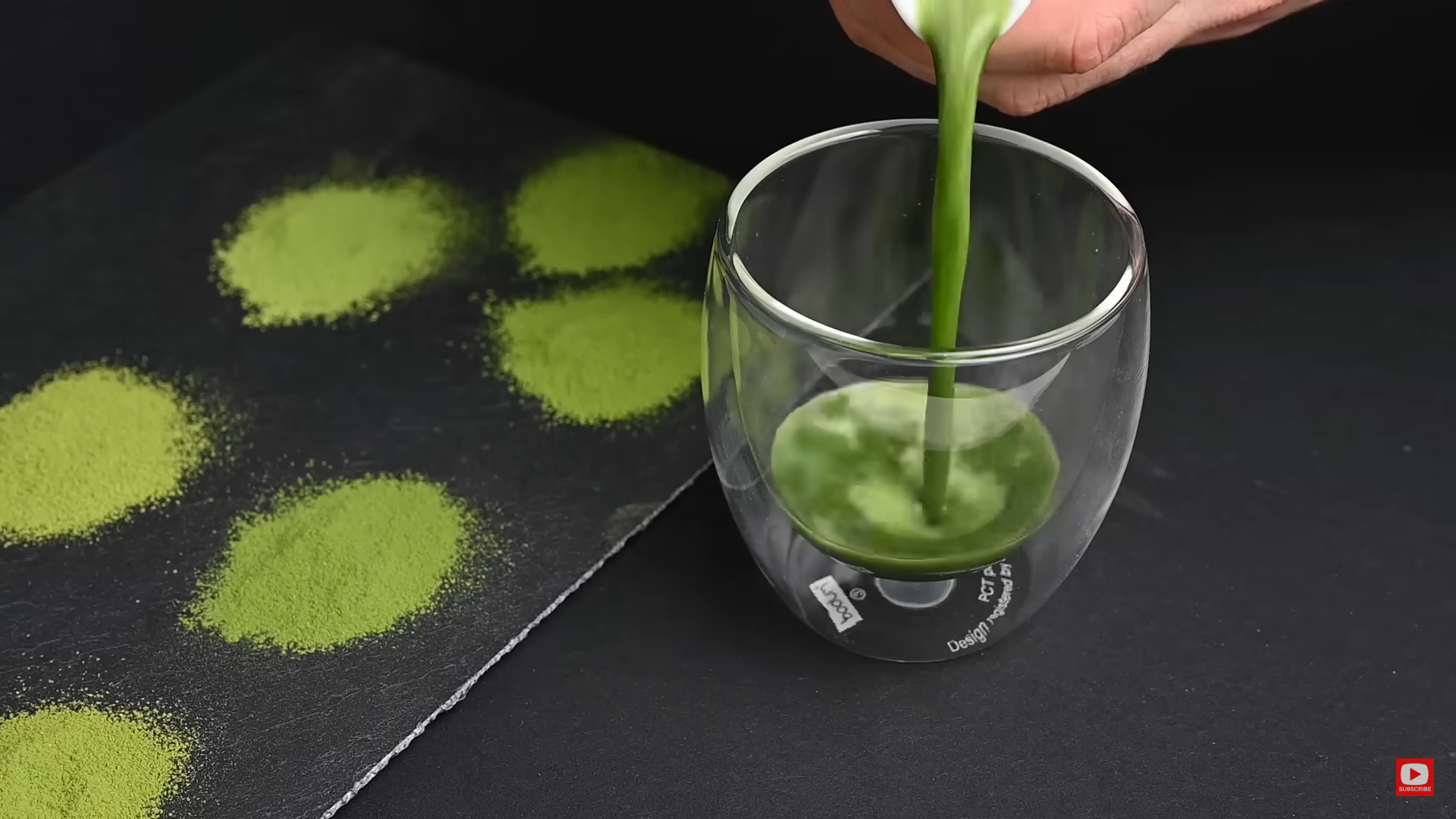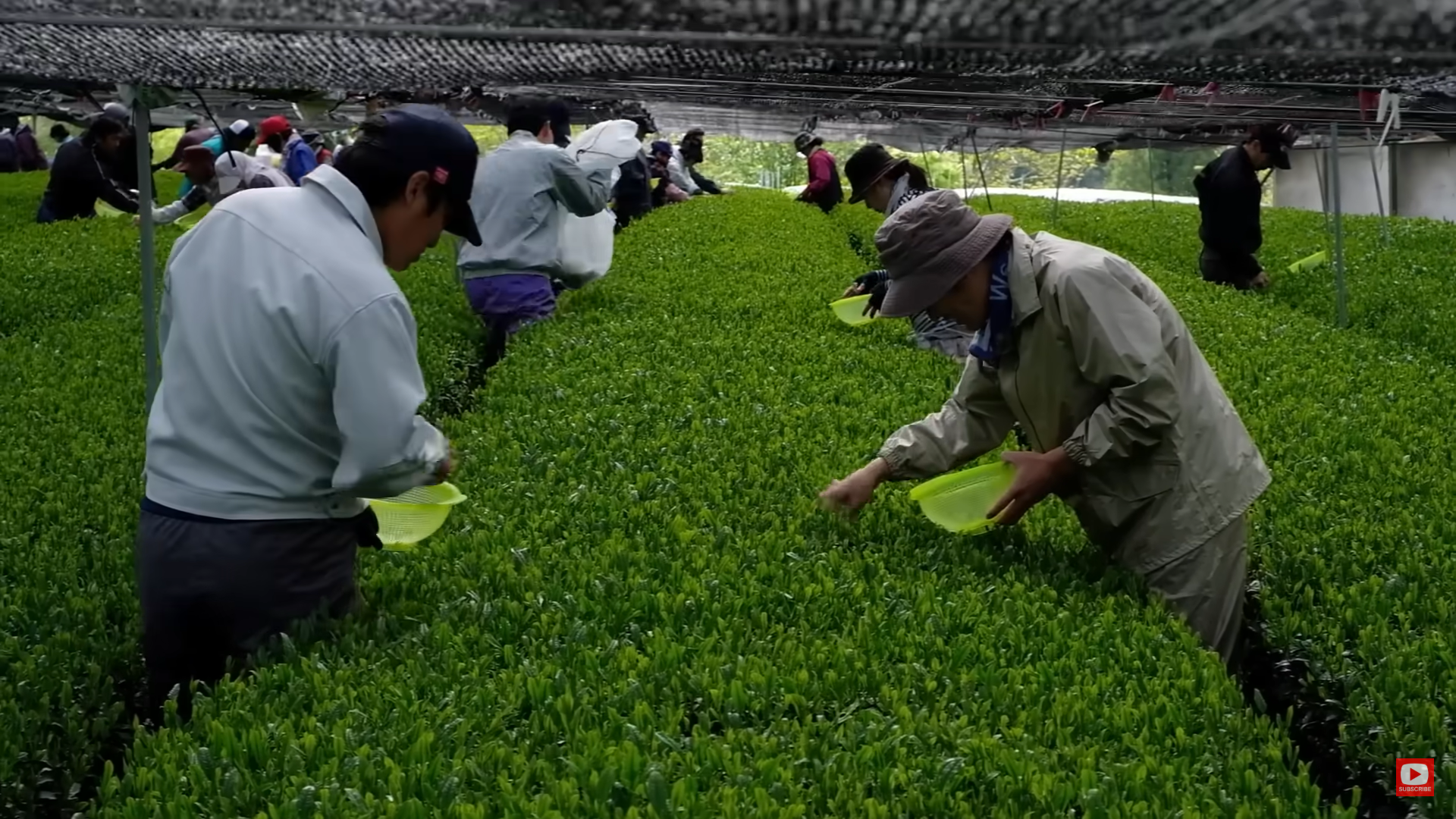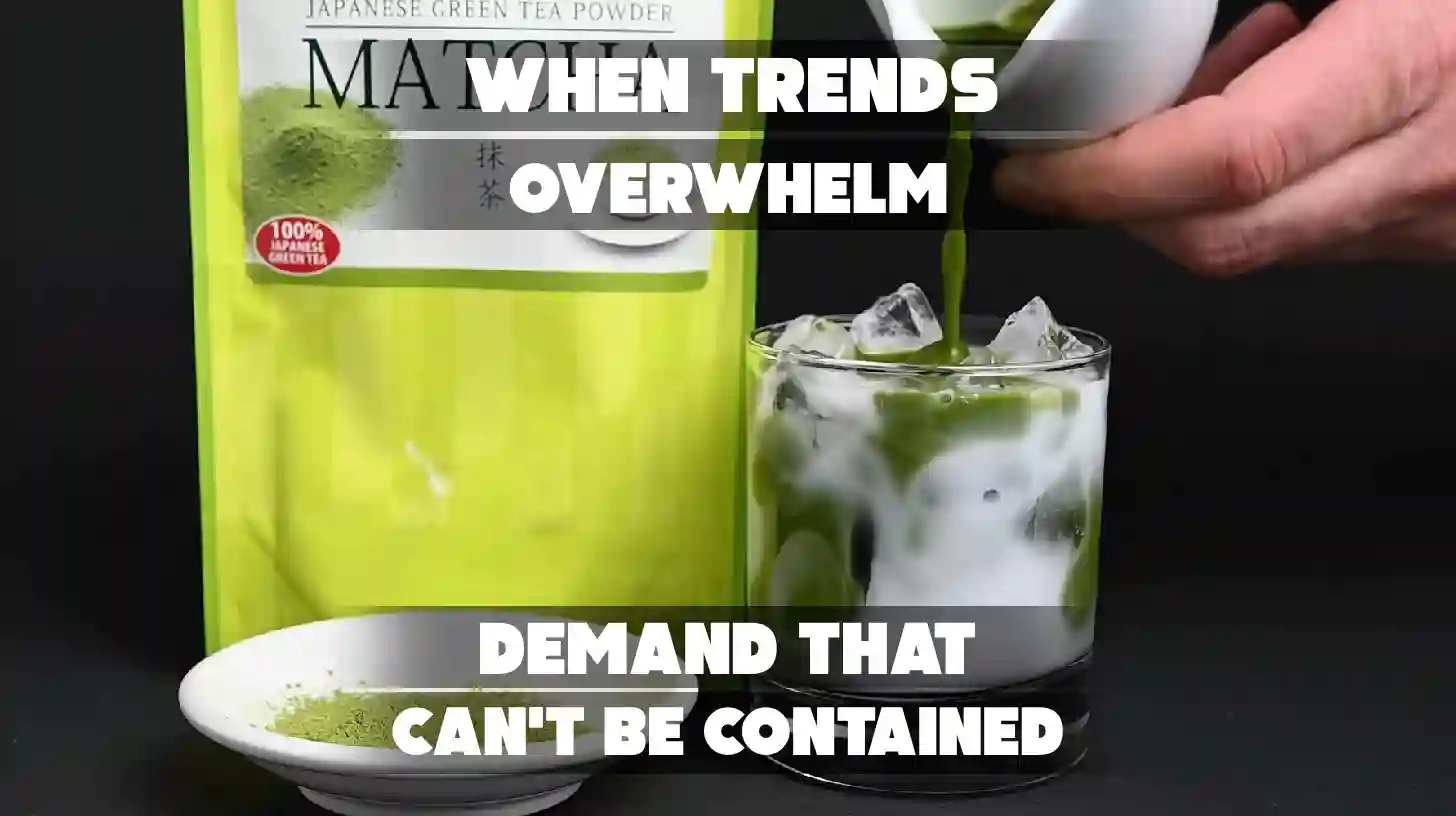Matcha, the vibrant green tea powder beloved for its health benefits and unique flavor, is facing an unexpected crisis: a global matcha shortage. With demand surging and production struggling to keep pace, matcha enthusiasts are seeing prices rise, and retailers are feeling the pressure.
If you’re a fan of this trendy beverage, here’s what you should know about the current matcha shortage and how it’s reshaping the industry.
The Growing Demand for Matcha

Over the past few years, matcha has transformed from a niche ingredient in Japanese tea ceremonies to a global sensation. From lattes at Starbucks to matcha-flavored doughnuts, the green powder has become a staple in cafes and kitchens worldwide. However, the global matcha shortage is now threatening to disrupt this popular trend.
The demand for matcha is driven in part by social media, where influencers and food bloggers share recipes and reviews, fueling the “matcha mania.” However, the massive popularity has outpaced supply, leaving suppliers scrambling to meet orders.
Impact of Climate and Trade Policies

The global matcha shortage is further exacerbated by environmental and political factors. Extreme heatwaves in key matcha-growing regions of Japan, such as Kyoto, have led to poor harvests. Adding to the strain, US tariffs on Japanese goods have made imports more expensive, driving up the cost of matcha for consumers.
Farmers are also facing challenges, with an aging workforce and fewer younger people entering the industry. As a result, the gap between supply and demand is widening, forcing many businesses to limit purchases or raise prices.
What Does This Mean for Consumers?
For consumers, this global matcha shortage means higher prices and potential scarcity. Some cafes and tea shops are seeing their matcha supplies run out faster than ever, with some reporting delays of over a week in receiving new stock. If you’re a matcha fan, it might be time to stock up — but don’t hoard, as this can drive prices even higher.
As the global matcha shortage continues, the tea industry is calling for more sustainable consumption practices and an emphasis on quality over quantity. We must savor matcha rather than use it carelessly in recipes, preserving its delicate flavors and cultural significance.


